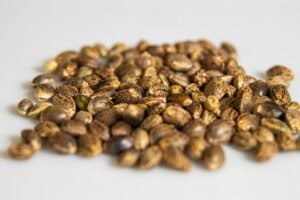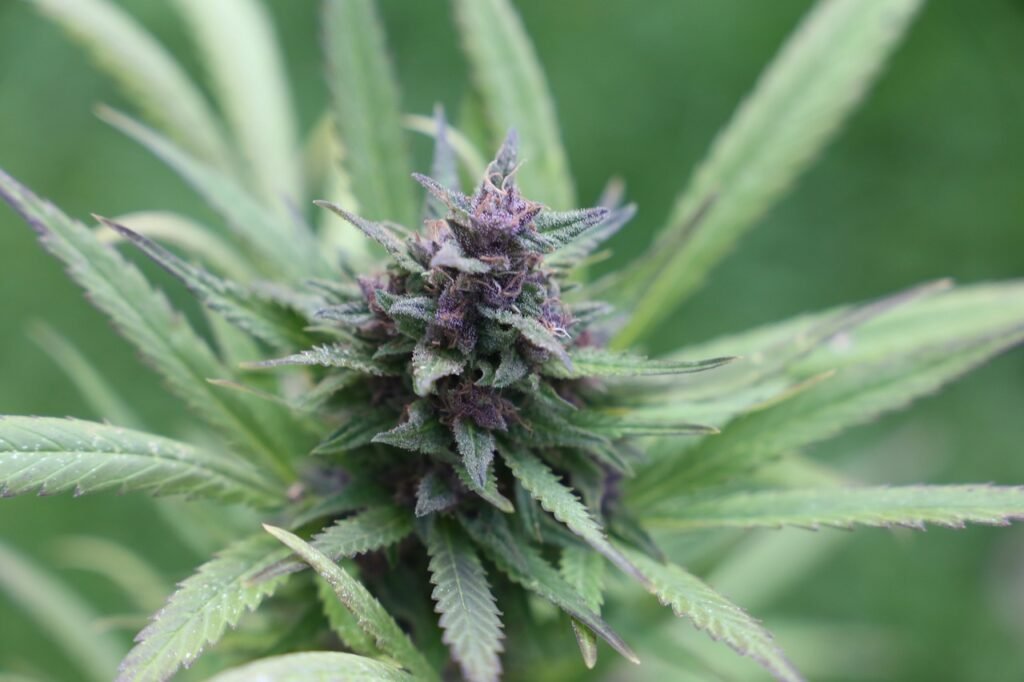
Cannabis seeds have a wide range of applications in the production of various commercial products. These include textiles, paper, medicine, food, animal feed, paint, biofuel, biodegradable plastic, and construction materials.
Cannabis Seeds- Nutrient Content and Uses
Two species of Cannabis includes Cannabis sativa and Cannabis indica seeds contain important nutritional and phytochemical properties. These properties include protein, carbohydrates, fat, ash, as well as phenols, flavonoids, vitamin C, lycopene, and β-carotene contents.
When it comes to the nutritional composition of cannabis seeds, there are some variations between Cannabis sativa and Cannabis indica.
Cannabis sativa seeds have a protein content ranging from 32.08% to 33.25%, carbohydrates ranging from 8.39% to 11.47%, fat ranging from 34.63% to 42.40%, and ash ranging from 3.50% to 6.05%.
On the other hand, Cannabis indica seeds have a protein content ranging from 32.82% to 43.04%, carbohydrates ranging from 12.92% to 13.79%, fat ranging from 30.86% to 36.82%, and ash ranging from 3.14% to 6.22%.
Nutrient of Cannabis
One notable aspect of cannabis seeds is their high content of polyunsaturated and monounsaturated fatty acids. These fats make up around 70-80% of the total fats in cannabis seeds, with monounsaturated fatty acids accounting for approximately 10%. This composition makes cannabis seeds an excellent source of essential omega-3 fatty acids.
Hemp seeds, which are a type of cannabis seed, are commonly used in various food products. These include pasta, bread, nuts, oil, protein flour, energy bars, granola, hemp nut butter, and even ice cream. In a serving size of 28 grams of hemp seeds, you can expect to find approximately 161 calories, 3.3 grams of carbohydrates, 9.2 grams of protein, 12.3 grams of fat, 2 grams of fiber, 2.8 milligrams of manganese, 15.4 milligrams of vitamin E, 300 milligrams of magnesium, 405 milligrams of phosphorus, 5 milligrams of zinc, 3.9 milligrams of iron, and 0.1 milligrams of copper.
Furthermore, hemp seeds are rich in various vitamins and minerals per 100 grams. These include Vitamin E (90mg), α-Tocopherol (5mg), γ-Tocopherol (85mg), Thiamine (B1) (0.4mg), Riboflavin (B2) (0.1mg), Phosphorus (P) (1.160mg), Potassium (K) (859mg), Magnesium (Mg) (483mg), Calcium (Ca) (145mg), Iron (Fe) (14mg), Sodium (Na) (12mg), Manganese (Mn) (7mg), Zinc (Zn) (7mg), and Copper (Cu) (2mg).
Uses and Benefits of Cannabis Seeds
Hemp seeds have the potential to reduce the risk of heart disease by increasing the production of nitric oxide through their high arginine content. This, in turn, can lower blood pressure and prevent clot formation. Moreover, hemp seeds offer a balanced ratio of polyunsaturated and essential fatty acids, with omega-6 to omega-3 in a 3:1 ratio.
This optimal combination can benefit skin conditions like eczema and alleviate symptoms of PMS and menopause.
Hemp seeds are an excellent source of dietary fiber, consisting of both insoluble and soluble fiber in an 80:20 ratios. The consumption of dietary fiber provides numerous health advantages, including regulating bowel movements, promoting bowel health, reducing cholesterol levels, managing blood sugar levels, aiding in weight management, and potentially extending lifespan.
Hemp seeds can serve as a valuable source of animal feed. Local hemp seeds contain approximately 94.08% dry matter, including 20-23% crude protein, 30-34% lipids, 26-37% insoluble fiber, and 3-6% ash. Incorporating hemp seeds into animal diets can enhance the quality of albumen, benefiting animals’ overall health and well-being.

